What are modal verbs?
We use modal verbs in order to express modality, such as permission, ability, suggestion, possibility, attitude, likelihood, order, or obligation.
Here are the various modal verbs that we commonly use:
| may | would |
| might | must |
| can | shall |
| could | should |
| will | ought to |
An important note is that modal verbs are always paired with the base form of another verb (that is, a modal verb is always followed by the infinitive form of another verb, but without “to”).
Let’s look at the different ways we can use modal verbs, with examples for some of the most common ones among them: “may,” “can,” and “must.”
Modal verb: “May”
The modal verb “may” is used for both asking and granting permission:
- Asking permission: “May I borrow your textbook?”
- Granting permission: “Yes, you may borrow it.”
- Asking permission: “May I be excused?”
- Granting permission: “Yes, you may.”
 “May” is also used to express the likelihood of something. This pattern is common when we make a prediction:
“May” is also used to express the likelihood of something. This pattern is common when we make a prediction:
- “My friend may know the answer.”
- “It may rain tonight.”
- “There may be a chance she’ll forgive you.”
To express this pattern in the negative, we replace “may” with “may not,” “cannot,” or “must not”:
- Informal: “You can’t talk here.”
- Formal: “You may not talk here.”
- Forceful: “You must not talk here”
Note that “cannot” can be contracted to “can’t,” and “must not” can be contracted to “mustn’t.” However, the use of “mayn’t” as the contraction of “may not” has all but disappeared from modern English and is best avoided.
Modal verb: “Can”
We use the modal verb “can” to describe an ability to do something:
- “Jane can speak three languages.”
- “Can James drive a truck?”
- “No, we can’t do that today.”
“Can” is also used to express permission, especially in informal speech:
- “Can I go to the bathroom?”
- “Sure, you can sit by the window.”
- “Can I watch a movie tonight?”
The biggest difference between “can” and “may”—particularly in spoken English—has to do with the tone they convey. “Can” is most often used in casual English, whereas “may” has a much more formal tone and is more common in non-fiction writing and formal speech.
Modal verb: “Must”
We use the modal verb “must” when we want to express a strong obligation or order. This gives the language a very forceful tone:
- “You must wait to be seated.”
- “I must go home before dark.”
- “He mustn’t do that again!”
Similarly, “may” is also used to convey a strong recommendation:
- “You must listen to this song. It’s great!”
- “You really must relax more often.”
- “We simply must do this again!”
“Must” can also be used to express a feeling of certainty:
- “There must be a copy of the memo somewhere.”
- “The train must have arrived by now.”
- “She must have been in a hurry to leave.”
* * *
For more help with your English grammar and writing, have a look at our resource page for the best guides and books available!
Stay in Touch!
Do you want to learn how to read, write, and speak English with confidence? Are there any grammar rules that you find hard or confusing? Drop us a comment to let us know and we’ll help you in your journey to learn English!
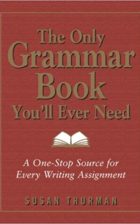
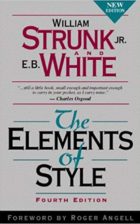
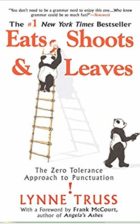

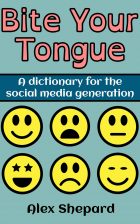
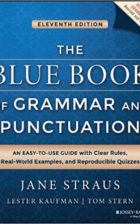
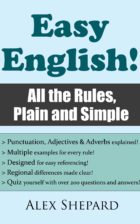
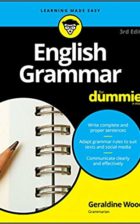
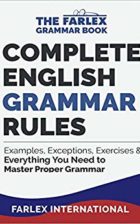
Thanks for the help. I wonder why the contracted form of “may not” has disappeared. I don’t think I’ve ever heard it used before.
Hi Sophie,
It’s a pleasure! It’s interesting how language changes over time and certain words disappear. It makes you wonder what words people will look back on in a hundred years and wonder why we used them.
My teacher always corrected us when we asked if we could go to the bathroom instead of if we may go. It was annoying at the time, but I’ve never forgotten it because of her.